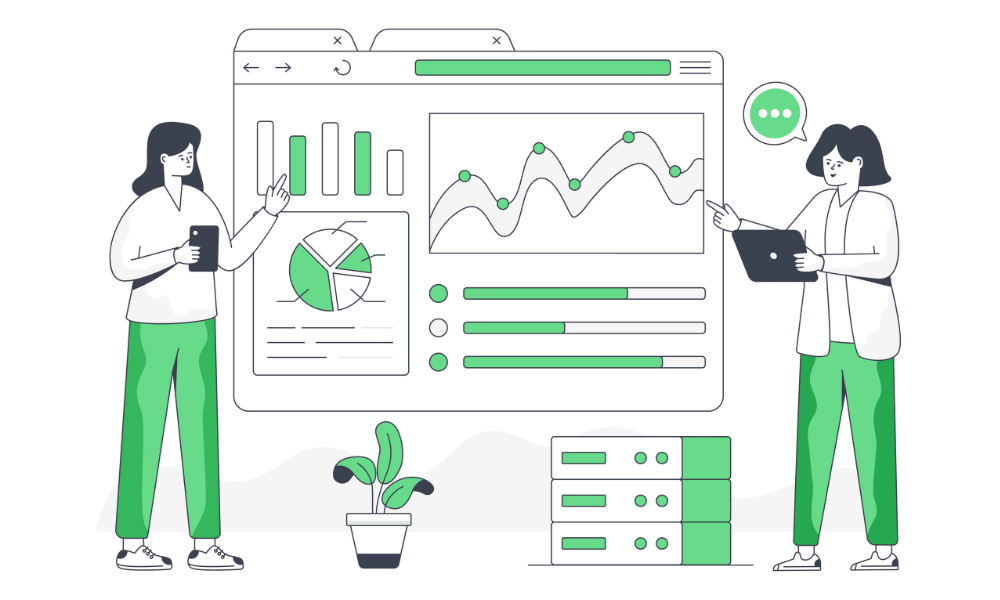The decentralized global market where currencies are purchased and sold is known as forex trading, s...

The decentralized global market where currencies are purchased and sold is known as forex trading, sometimes known as foreign exchange trading. Traders speculate on changes in exchange rates in an effort to profit from shifts in currency prices.
It is a dynamic, risky market with significant rewards for those who are prepared to understand and master its complexities.Continue reading to discover more about the forex markets, their applications, and how to get started trading.
Currencies are traded on the foreign exchange market. The absence of a central marketplace distinguishes this global economy.
OTC currency trading is done electronically. Instead of one exchange, traders worldwide conduct deals using computer networks.
The market is open 24/7 for five and a half days. In practically every time zone, currencies are traded in Frankfurt, Hong Kong, London, New York, Paris, Singapore, Sydney, Tokyo, and Zurich.
Tokyo and Hong Kong start trading FX after the U.S. trading day. Thus, the forex market is always active with fluctuating prices.
With millions of players, the FX market is the largest and has an immense scale. The forex market is attended by hundreds of thousands of people, including us and money changers, banks, and hedge fund managers.
There are three primary markets for foreign exchange: the spot market, the forward market, and the futures market for foreign exchange.
The Spot market is where currencies are immediately exchanged at the current exchange rate. Right there and there. In this segment of the foreign exchange market, buyers and sellers come from the full gamut of the financial sector.
As well as individuals who are interested in making currency exchanges. This segment represents a significant share of the overall forex market.
The forward market is characterized by an agreement between a buyer and a seller to trade currencies at a predetermined day and time in the future at a price that has been previously determined.
There is no actual exchange of currency involved; only the value is transferred. The forward market is frequently employed in the context of hedging.
The futures market functions in a manner that is analogous to that of the forward market in that there is a predetermined price that is to be paid on a predetermined date.
The primary distinction lies in the fact that the futures market is supervised by authorities and conducted on a centralized exchange.
This eliminates the danger that is present in the other markets. Hedging is another purpose for the future.
In conclusion, forex trading, or foreign exchange trading, is a decentralized worldwide currency market.
It's a volatile market that requires competence. Forex markets allow diversification, speculation, and hedging. Markets run 24/7 across time zones.
Unregulated markets and leverage pose risks, while flexibility and no commissions are benefits. Price transparency and deal execution may challenge traders.